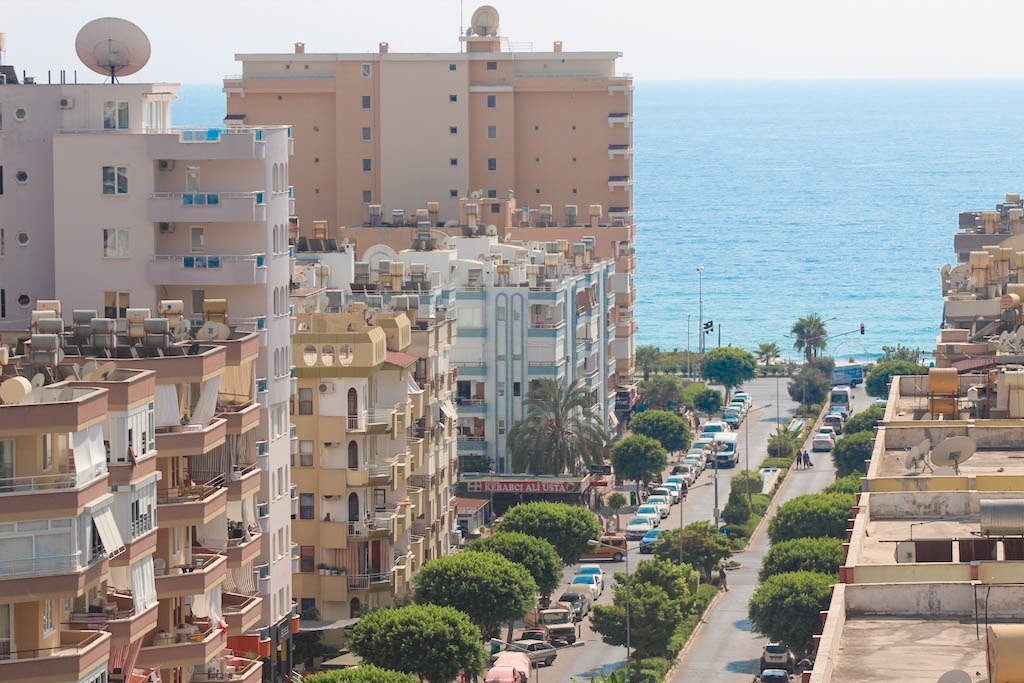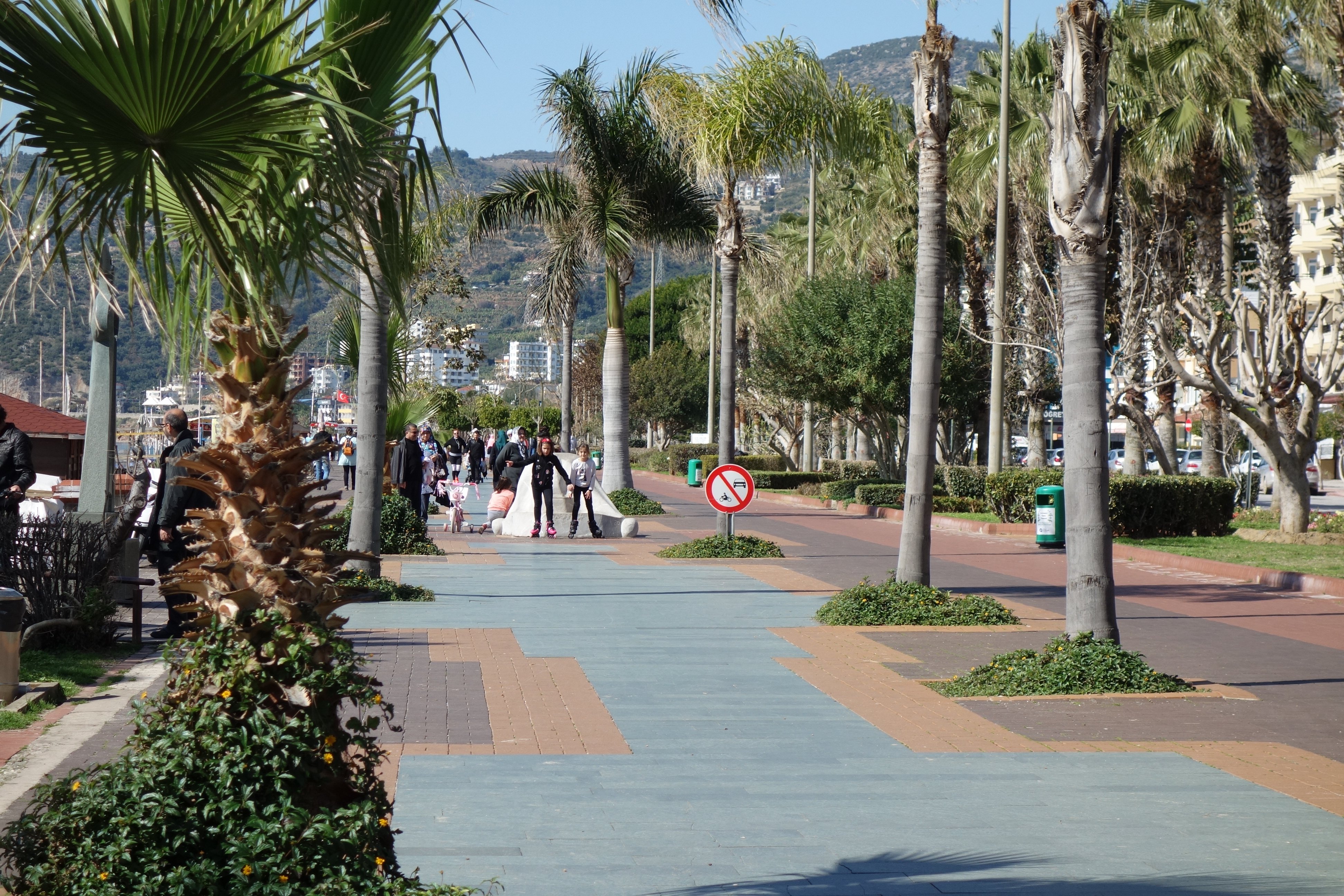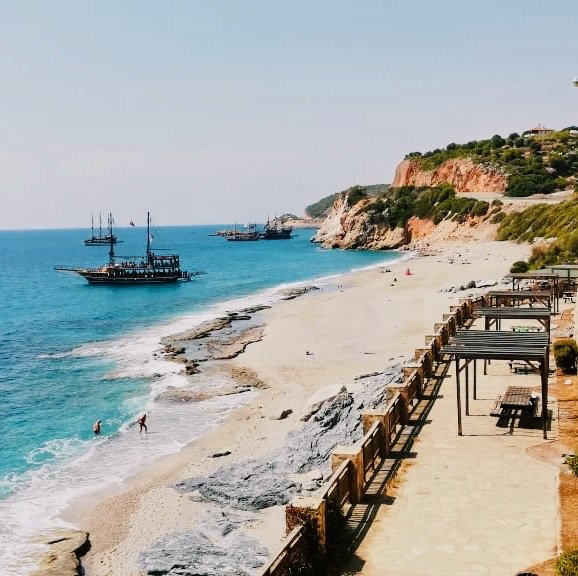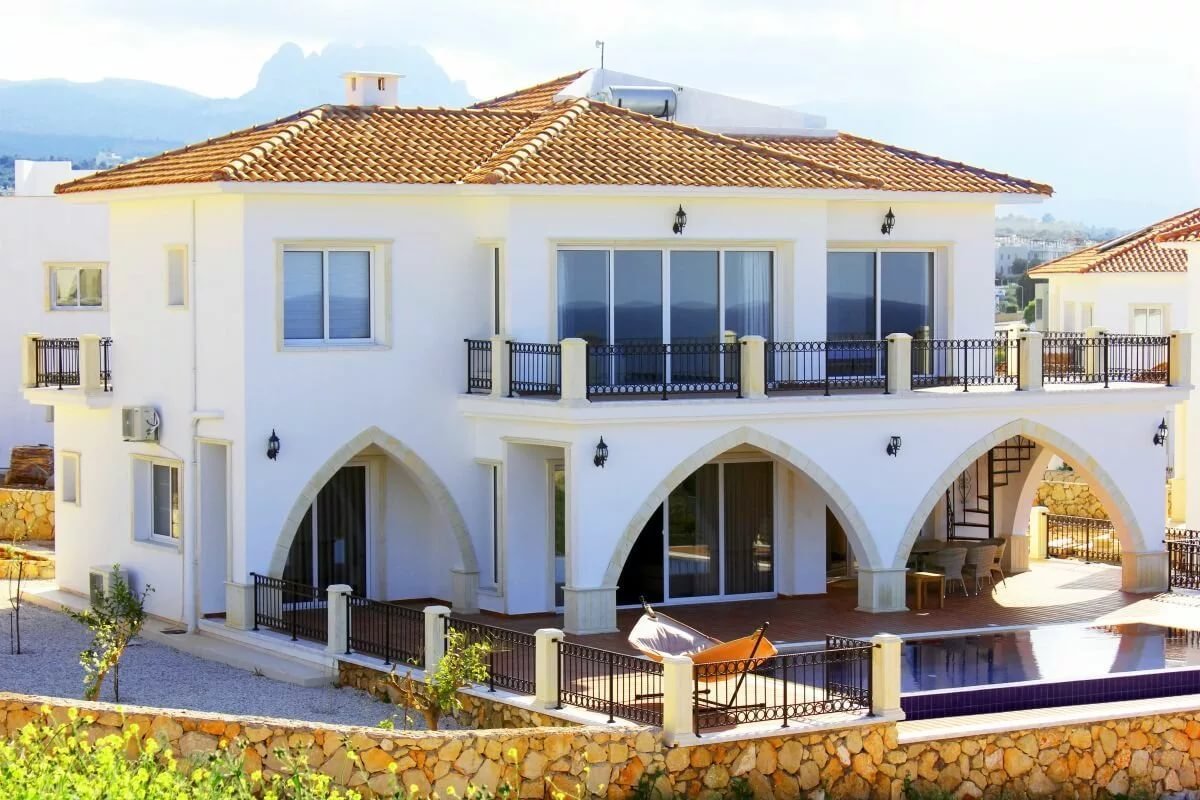
What property taxes apply in Turkey in 2023?
An advantageous difference between Turkey and most other countries is that taxes on real estate are relatively small here. In addition, the rate is floating and changes depending on several objective factors. However, the tax amount does not change depending on whether you are a citizen of Turkey or a national of another state.

Types of taxation
There are 2 types of housing taxes in Turkey. The first type is a one-time tax. It is paid at the time of purchase of housing. The tax amount is 4% of the cadastral value of the property. The difference between the cadastral and market value of real estate is important, since the first is always less than the second, and in this case, the buyer can save a significant amount on this feature of the Turkish real estate market.

In addition to the one-time tax, there is also a regular (annual) tax. The cadastral value is also taken as the basis for calculating the payment amount. For residential real estate the tax rate is 0.1-0.2%. The specific rate is determined by the scale of the locality. In small cities and towns we will be talking about 0.1%, in large settlements 0.2%.
Taxes on luxury real estate
The tax rate increases if the property is considered elite according to the local price classification, that is, its value is more than 5.25 million Turkish lira. In this case, the assessment is also carried out based on the declared cadastral value. If the cost of housing does not exceed 7.87 million liras, then the annual tax will be 0.3% of the cadastral value. For an object price ranging from 7.87 to 10.5 million liras, the tax will be 0.6% of the declared value. At a price of 10.5 million liras, the tax will be 22,500 liras plus 1% of the amount that exceeds the tax threshold of 5.25 million liras.
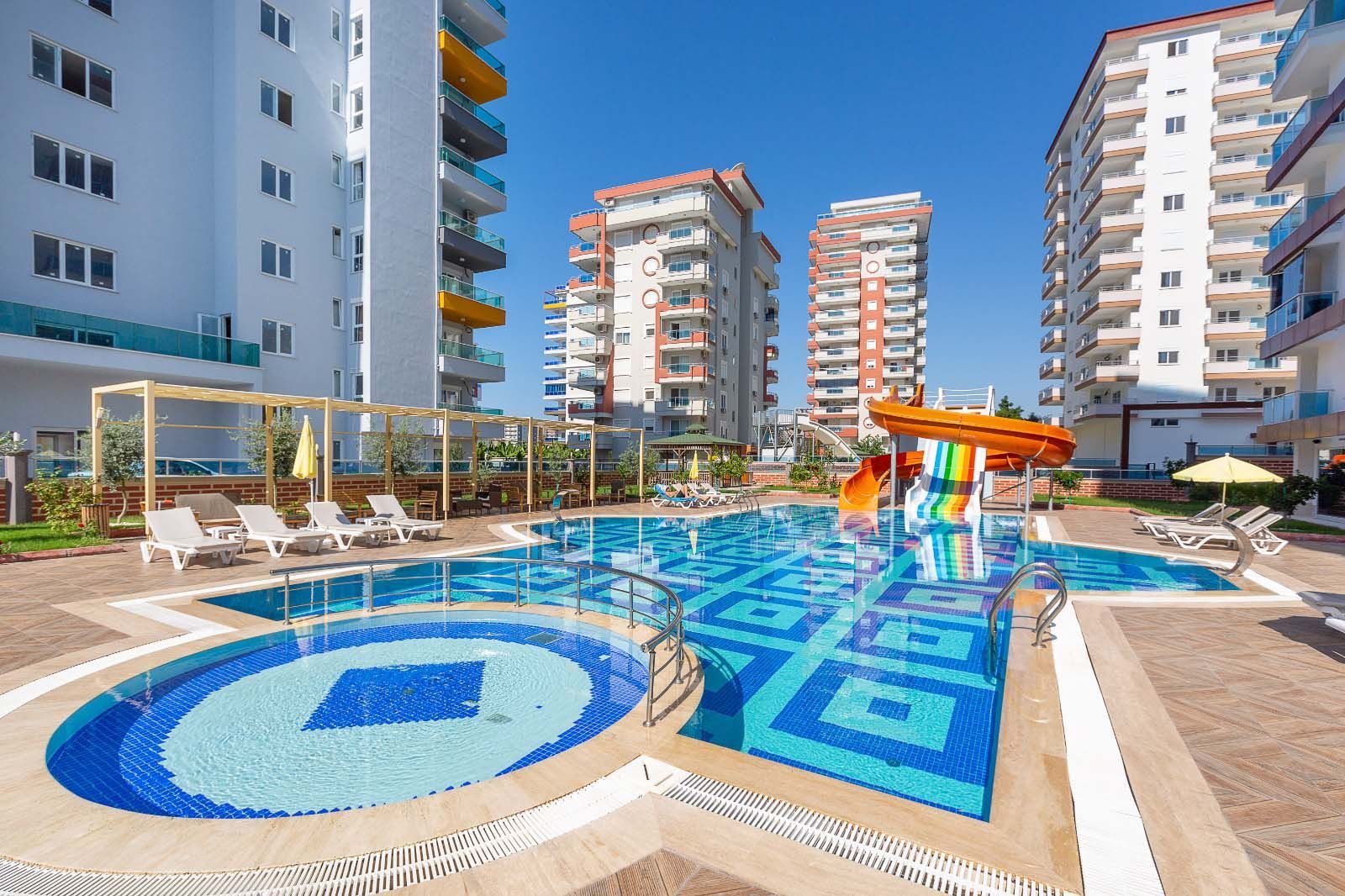
What is DASK?
Dogal Afet Sigortalari Kurumu or DASK for short is not a property tax, but also a mandatory payment. Essentially, this is real estate insurance against natural disasters. This type of insurance is mandatory regardless of whether we are talking about commercial or residential real estate, whether its owner is a Turkish citizen or a foreigner.
Several factors have a significant impact on the cost of insurance:
- Seismological risks. The entire country is clearly divided into sections, the probability of an earthquake in the territory of each of which is assessed differently. For example, in Alanya such risks are minimal and the cost of insurance is low. From this perspective, Istanbul is assessed as a less favorable region and purchasing DASK there will cost more.
- The area of real estate also plays an important role in determining the value of DASK. The cost increases along with the total area and this is quite logical.
- The third factor is the construction of the building and its age.
Who and under what circumstances is entitled to benefits from the state?
Only Turkish citizens can benefit from real estate tax benefits. If you have already received citizenship, then to enjoy benefits you need to belong to one of the following categories:
- Separate groups of pensioners.
- Unemployed.
- Large families.
The benefit can be partial or 100% exempt from tax; this issue is decided on an individual basis.
What taxes does the real estate seller have to pay?
Selling a home also involves paying taxes. As with the purchase tax, it does not matter whether you are a citizen of Turkey or another country, the tax amount remains the same for everyone.
You will not have to pay this tax provided that you have owned the property for 5 years or more. If the period of ownership before sale is less than 5 years, then tax will not be levied on the entire transaction amount, but only on the profit from the sale. That is, if you bought a home for 100,000 Euros, and sell it for 120 in less than 5 years, then only the amount of 20,000 Euros is subject to taxation.
The greater the profit from the transaction, the greater the tax. The law provides for the opportunity to deduct the cost of repairs from net profit if you carried out repairs during your ownership of the property. Please take this point into account and be sure to keep receipts for the purchase of building materials and the services of specialists.
Tax payment procedure
You can pay the tax in one payment or in 2 stages: in November and in May. It is not in the interests of the taxpayer to allow late payment, since violation of the payment schedule will be followed by a penalty in the amount of 1.6% of the payment amount for each month of delay. You can pay the tax in person or remotely. To pay in person, you need to come to the municipality, where they will calculate the payment amount for you and provide you with payment details.
To make a payment remotely, you need to visit the website of the electronic municipal information system, register, indicate your own tax number and make the payment.
